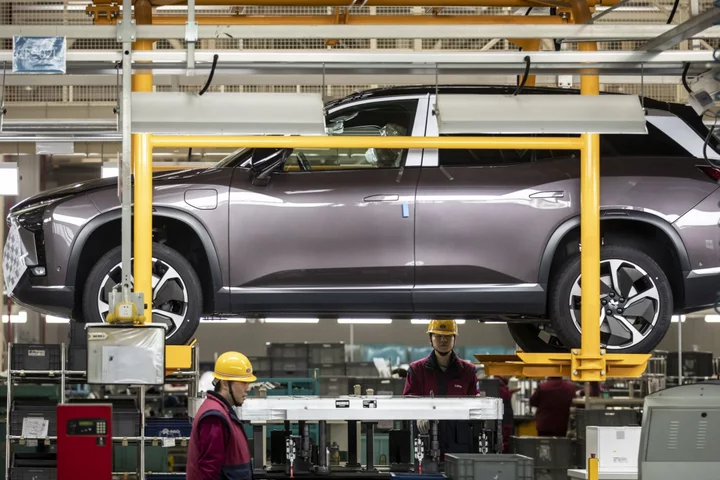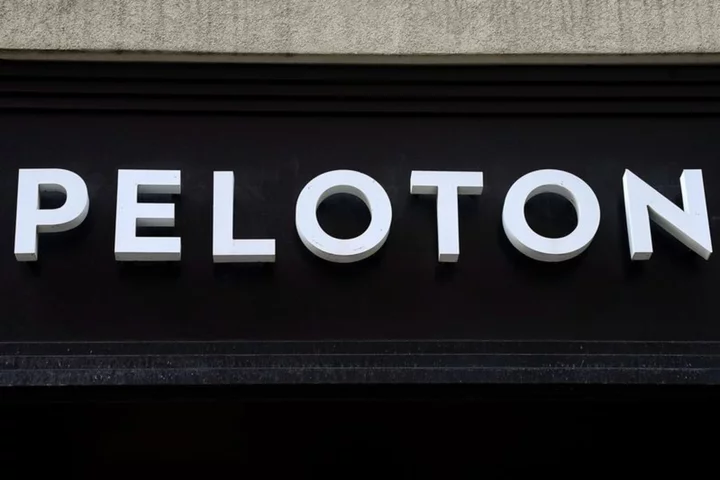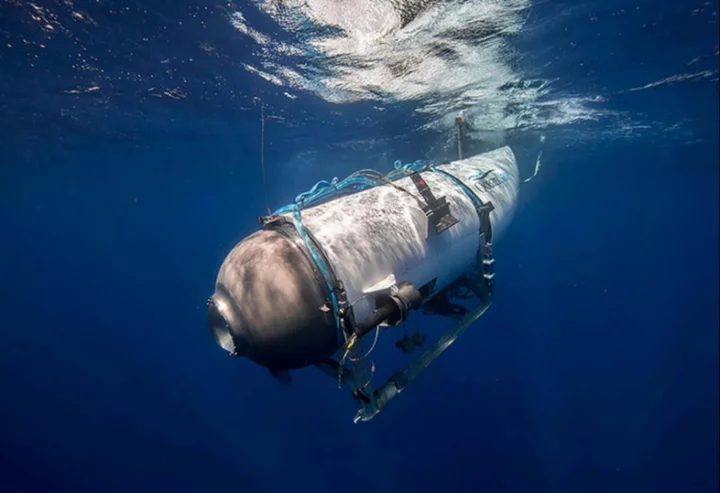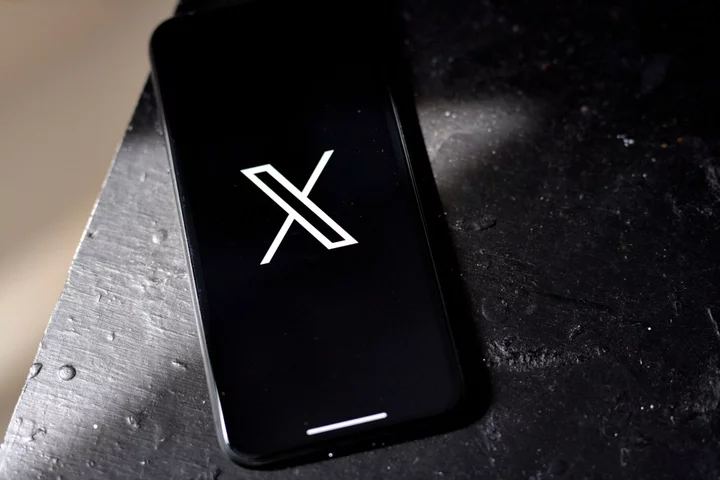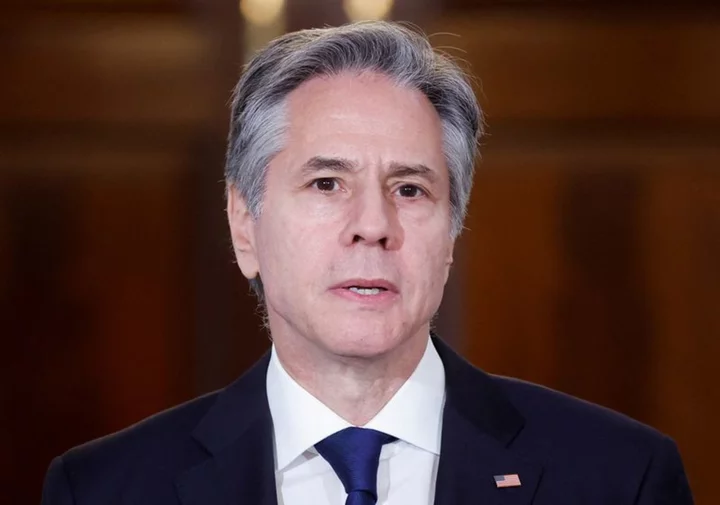Electric-vehicle maker Nio Inc. signed its second battery-swapping partnership in less than two weeks on Wednesday, this time with Geely Automobile Holdings Ltd., one of China’s biggest independent carmakers.
The companies will develop two battery-swapping standards for private cars and commercial vehicles, promote battery swapping technology and expand the operational scale, they said in a statement. They will also establish a battery asset management mechanism, build a unified battery swap operation and develop vehicles compatible with each other’s battery swap systems.
“Geely’s rapid development in the new energy field is impressive,” Nio Chief Executive Officer William Li in the statement, adding his company will continue to advance battery swapping networks for Nio owners while collaborating with partners to launch the construction of shared battery swapping networks.
On Nov. 21, Nio signed a battery-swapping agreement with Chongqing Changan Automobile Co.
EVs using swapping technology can be driven into a booth where the depleted battery is replaced with a charged one in a matter of minutes, reducing driver concerns about range and charging times.
Read More: Battery Swapping for EVs Is Big in China. Here’s How It Works
However, deploying battery swapping services requires a huge investment in infrastructure construction, which can hardly be covered with small volume of users. Nio spends about 3 million yuan ($420,000) to set up each battery swap station, including batteries, company president Qin Lihong said at an event earlier this year, local media reported. It requires over 50 swap services per day to recoup the cost in eight years, he added.
Nio, which has yet to post a profit since it was founded in 2014, has said it plans to build 1,000 battery swapping stations this year, more than double its original target of 400.
Li said earlier this month that 10% of staff positions would be cut in November, and non-core businesses may be spun off to reduce costs and improve efficiency.
Geely, meanwhile, is speeding up its transition to EVs to take on competitors like Tesla Inc. Deliveries of the company’s battery EVs and plug-in hybrids increased by 44% in the first half of the year, when its earnings beat estimates. Geely owns the Zeekr EV brand and Volvo Cars, with which it jointly established the pure-electric vehicle brand Polestar.

